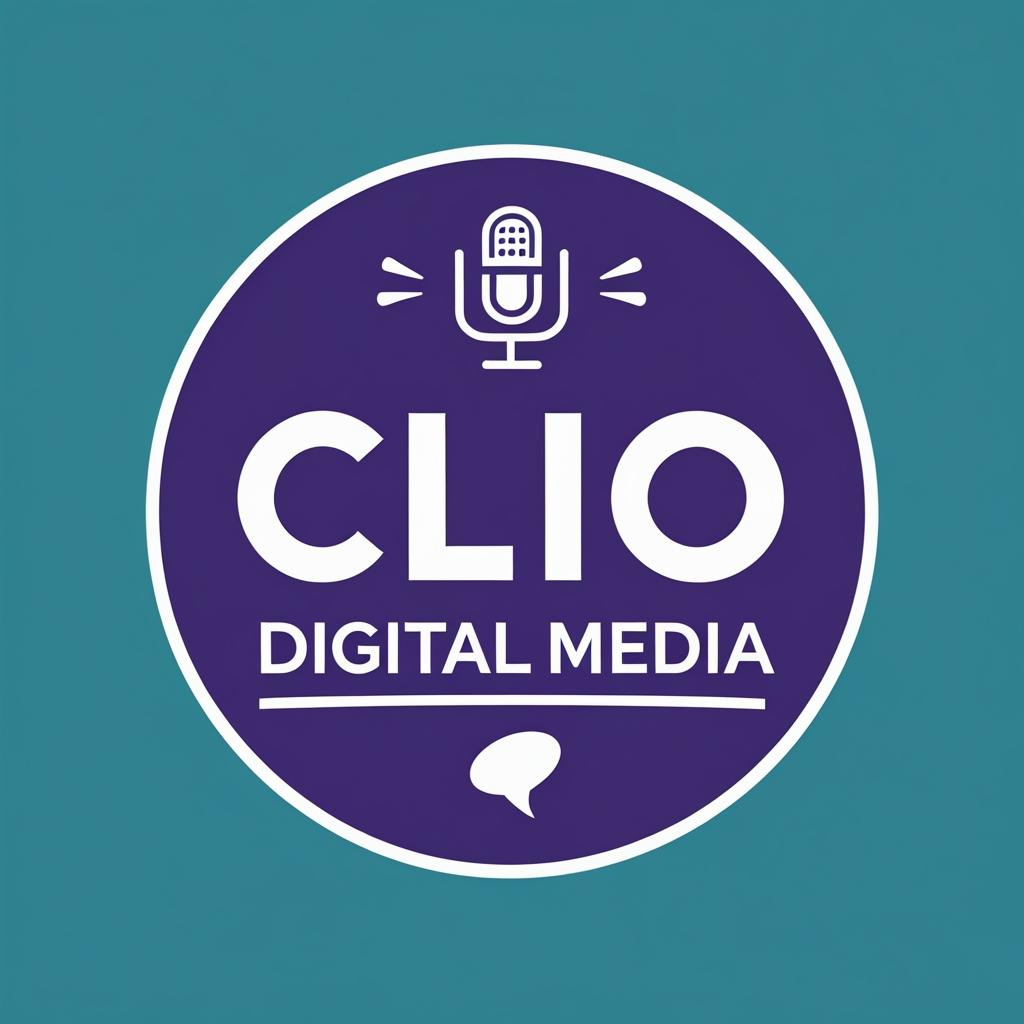Digital Projects
Ben Franklin's World
Ben Franklin's World stands as my most successful digital history project. In 2017, the Academy of Podcasters awarded Ben Franklin's World its "Best History Podcast" award. In 2022, the National Society of the Daughters of the American Revolution awarded the podcast its first-ever Franklin New Media award.
Most episodes feature a conversation with a professional historian. Other episodes present narrative storytelling where we interview multiple people. The goal of this project is to create wide, public awareness about early American history and the work of professional historians by providing convenient access to well-researched, scholarly history.
Ben Franklin's World launched on October 7, 2014. Since that time, listeners have downloaded episodes over 11 million times.
In addition to being a podcast, Ben Franklin's World is also a community of listeners and historians who interact with each other via e-mail, Twitter, and in a vibrant Facebook community called "Ben Franklin's World."
CLIO DIGITAL MEDIA
In 2022, Karin Wulf, Joseph Adelman, and I founded Clio Digital Media. CDM is a nonprofit organization that creates and supports communities of learning to foster better, more robust understandings of history and the work of historians through digital programs based on well-researched, high-quality history and expert historical analysis. Its programming includes Ben Franklin’s World, the History Behind the Headlines newsletter, and the History Explorers Club online community.
Scholar.DIY
Launching in 2026, Scholar.DIY is a public benefit LLC that empowers scholars to share their expertise through compelling digital storytelling. Through coaching, courses, and community support, I transform experts into engaging public thinkers.
Misinformation is rampant, and public trust is at an all-time low. Scholar.DIY empowers scholars to become digital creators, turning their research into compelling, accessible stories that connect with public audiences.
The work of Scholar.DIY isn’t just about creating far-reaching digital media about scholarship; it’s about helping scholars build audiences and revenue streams that support their work.
Doing History Series
In 2016, I partnered with the Omohundro Institute of Early American History and Culture to produce the Doing History: How Historians Work podcast series. Each episode explores different aspects of how historians work and why they study history. The goal of the series is to create wide awareness about the work and collaboration that goes into producing scholarly works of history.
In 2017, the OI and I expanded the series to include Doing History: To the Revolution!, the series that asks not just "what is the history of the American Revolution?" but "what are the histories of the American Revolution?" This series seeks to create a better understanding about the history of the American Revolution and how its history has changed over the last 200 years.
In 2018, we added the Doing History: Biography series. This series explores the genre of biography, how it relates to and is different from the genre of history, and how historians and biographers can best uncover and understand the lives of people from the past.
Doing History: Understanding the Fourth launched in October 2019. Using the Fourth Amendment as a case study, this series allows listeners to investigate the history of the Bill of Rights, the Fourth Amendment, and ways law and history are intertwined.
Twitter as a history communications tool
I use Twitter to communicate history-related news and information.
Between 2012 and 2017, I curated a list of history articles, events, and images to disseminate through my feed @lizcovart. With the help of scheduling tools and targeted hashtags, I tweeted history to different audiences around the clock. Using Twitter in this manner helped spread ideas about history far and wide and it helped me become a go-to resource for teachers, colleagues, and anyone with a history-related question.
uNCOMMONPLACE BOOK BLOG
Blogging served as my gateway to the power of digital scholarly communication.
UncommonplaceBook.com is a practical blog about history and the practice of history. I post articles about history, writing, career paths, and how historians can use apps and social media such as Trello, DEVONthink, Evernote, Zotero, Twitter, and podcasts to research and communicate historical research to different publics.
Born Multimedia Project
America's Forgotten Constitution
America’s Forgotten Constitution: The Articles of Confederation and the American Union will celebrate the 250th anniversary of the United States’ first constitution by serving as the first study dedicated to the Articles of Confederation since 1945.
Like all constitutions, the Articles of Confederation reflects the situation of its creation. It is a document of the American Revolution written in the thick of the American War for Independence. The articles confederating or uniting the thirteen states together demonstrate the states’ need to work together to coordinate and win a war. They also reflect Americans’ desire to form an independent nation that would be capable of safeguarding its independence from both Great Britain and other European powers. These needs and ideas gave rise to the idea that the American union should be a “perpetual,” permanent union.
This research project will have three complementary and stand-alone components: a book, a podcast, and a web presence. Each media will contain original stories that will entice a book reader to listen to the podcast and browse a web exhibit, a podcast listener to visit the web exhibit and purchase and read the book, and website browsers to purchase and read the book and listen to the podcast. When done well, native multimedia projects create their own network effect, meeting consumers of history where they are at in their preferred media and piquing their interest to take their explorations further with different media.
Teaching
The study of history shows us how the people and events of the past have impacted and shaped our present-day world. It is key to understanding who we are and how we can affect a better future. This is why I teach history and historical thinking in large, public forums. My teaching involves introducing and discussing historical thinking and concepts to Ben Franklin's World listeners, social media followers, and those who attend my public events and speaking engagements.







